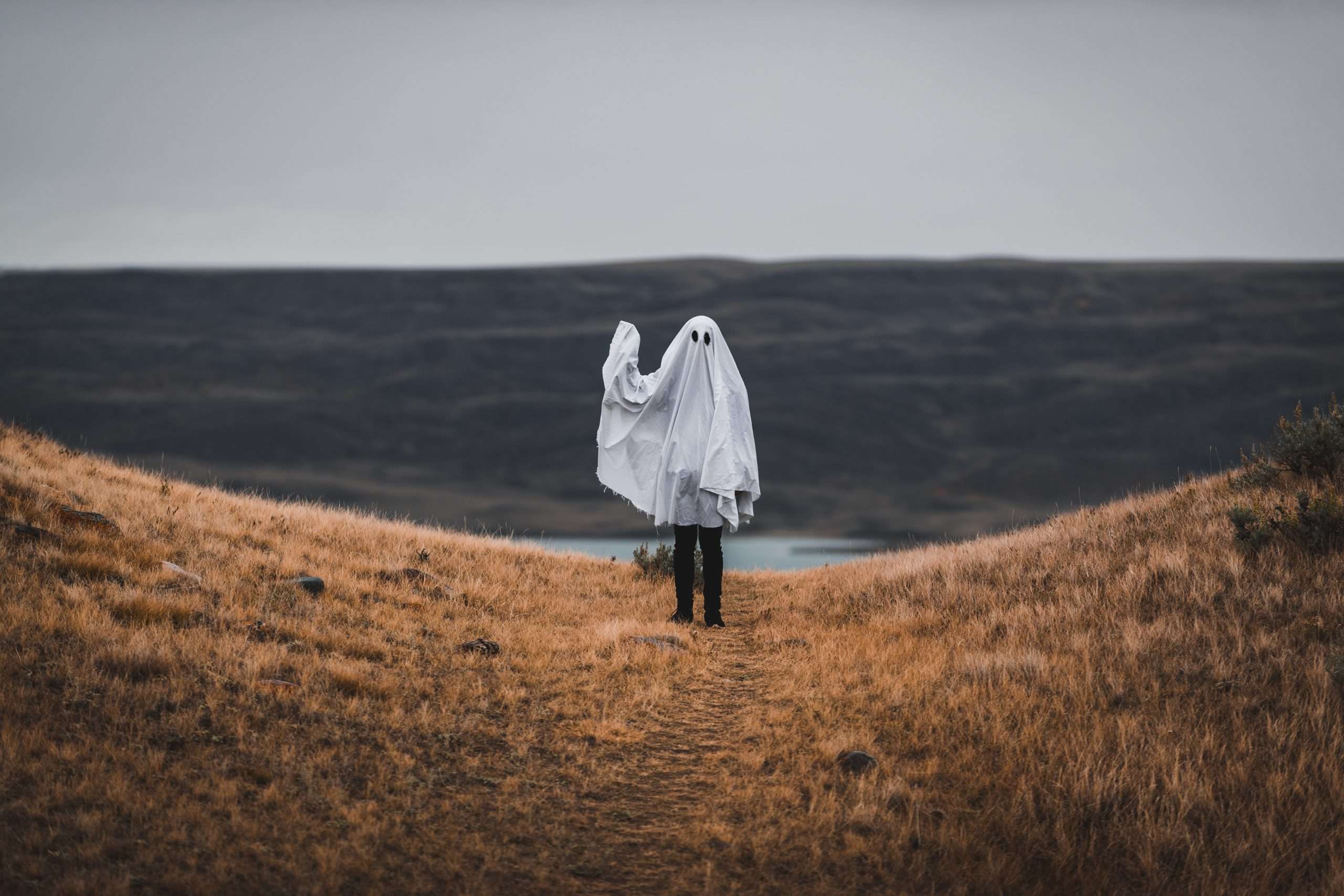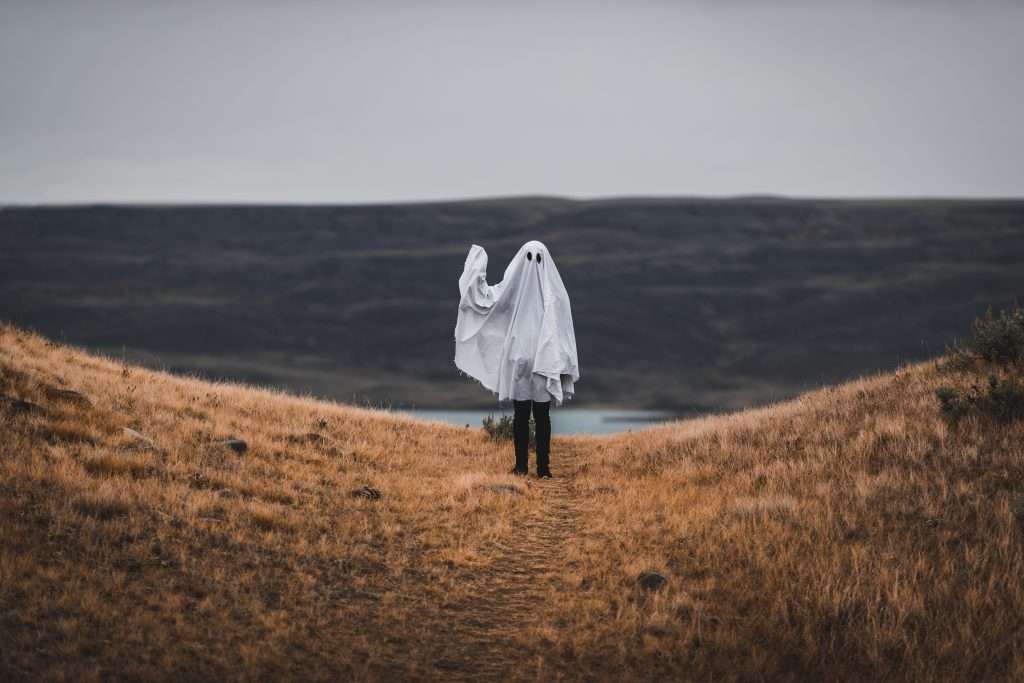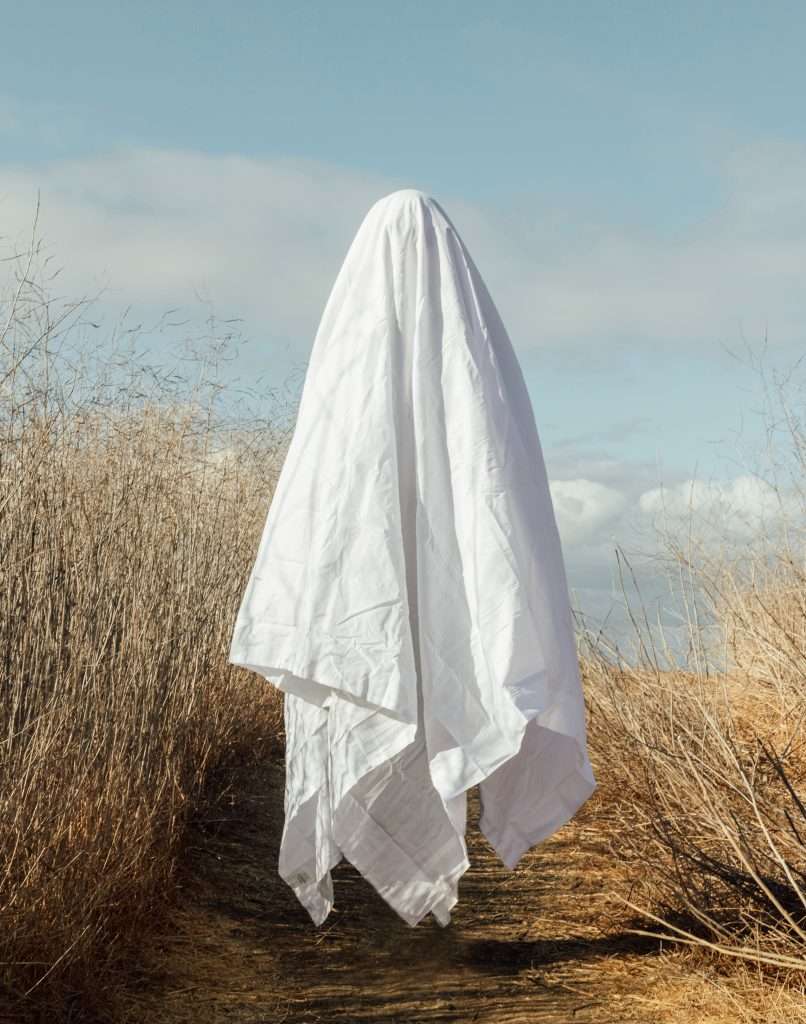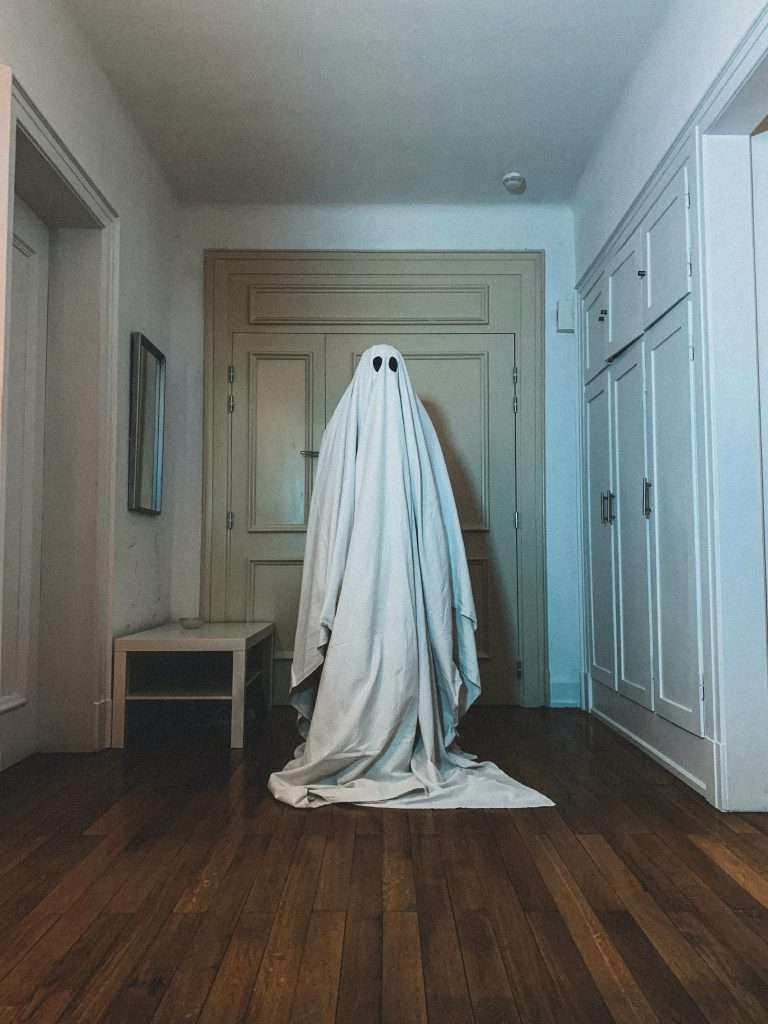We’ve implemented some new protocols around sending us messages via this website. Please email website “at” britishfantasysociety “dot” org for any issues.

For all things fantasy, horror, and speculative fiction
-
Announcement:

The Eternal Lure of the Ghost Story
Ahead of his next Winter Haunts event, all-round UK SFFH event icon Alex Davis investigates why we can never get enough of the ghost story.

Let’s be honest, we’ve all of us heard ghost stories – whether we really wanted to or not. For me I’m constantly seeking them out, primarily in their fictional form, but I do have more than a passing interest in those true-life hauntings too. But even if you’re not looking you will have been told a curious tale by a friend or a member of your family or around a campfire in your younger days, or one of those terrifying stories that would ghost its way around the playground now and then.
I’d argue that we’re all fascinated with ghosts to a point – it’s all about how far down that line you are, or indeed how far you’re willing to admit you are.
Unlike so much of horror fiction, the ghost story has a wonderful universality that makes it appealing to audiences who might not like to describe themselves as horror fans. Some of us grew up with vampires and zombies and slashers, but a lot of us did not, so that horror coding can be hard to access, to understand its appeal.
Not so for ghost stories. Odds are from a young age you encountered the idea of a ghost story, and started to learn a structure, a cadence, a way of presenting the form. Holding the torchlight under the chin, delivering the words just right, pausing before the big reveal…. For a number of years I used to tell ghost stories to my younger cousins (which I would usually make up on the spot) and maybe that’s a part of where my own obsession with the form began.
There’s more to it than that, of course. The ghost confronts us with one of the biggest questions we have as a species: what happens after we die? Do we come back as spirits or not? Is it only that some people do, and why those people? What purpose may a ghost have, if any? What can ghosts do, or not do? What might the afterlife be like for a ghost?
These are all questions that we can speculate on, of course, but there are no absolute answers to be found. In fiction we can perhaps find a comfortable way to explore it – personally that’s one of the reasons I prefer the ghost story as a novel or a short story rather than a piece of non-fiction. It feels a more comfortable read to know the whole thing is fiction and that this is not real people who have died, and left behind people who may be suffering in their absence. Or maybe it’s a case of not wanting to think of real people being terrified by spirits they have no control of.
Exploring death and grief through fiction across the ages
Each to their own, of course. The ghost story in its oral form is probably about as old as the idea of ghosts itself, and there are some surprisingly old references to ghosts in written works like the Greek plays and The One Thousand and One Nights.
I love to speculate on those aforementioned questions in fiction. Maybe there’s also an element that I don’t want to get too close to the supernatural, to invite it upon myself. As much as I love a ghost story the thought of encountering one does truly frighten me – so more power to those of you out there on ghost hunts and overnight haunted stays! You’ve certainly got more guts than me.

As well as serving a great ground to explore those endless and unanswerable human quandaries, there is something in the ghost story to me that is ultimately comforting. I watch and read a wide, wide range of horror, much of which I highly respect and found to be a high quality without saying that I found it an enjoyable experience. Then again, I’ve never thought this was a genre that was supposed to be all fun, and I can’t say there’s a single object in the field I’ve ever regretted engaging without – no matter how upsetting or disturbing.
But the ghost story has a pace all of its own, a quiet lilt, a pattern of steps and rhythm that provide reassurance that you are on a familiar dance. We should remember sometimes that following tropes and archetypes is not always a bad thing – there is of course room for the new, but that doesn’t eat out the room that was there for the classic. The ghost story has never needed to reinvent the wheel to be effective; it just needs to be done well. Characterisation, atmosphere, pacing; if you can nail those fundamentals, you are going to get a read with what MR James described as the ‘pleasing terror’ – that moment that sends a chill down your spine but at the same moment fills you with delight.
Reading a ghost story for me is almost like visiting an old friend. It’s never quite the same each time but I know broadly what I have to look forward to.
There’s something eternal about the ghost story
And let’s face it – as much as we may hark back to old masters, the form most certainly hasn’t evaporated or gone anywhere. Anthologies in the form are still rife, including fresh volumes from mainstream presses, such as The Winter Spirits and The Haunting Season. There are a number of excellent independent presses – the likes of Swan River Press – who specialise in the form, and British Library Publishing have released a tremendous series of volumes on the topic. And let’s not forget how many great novelists are working in the field too, with personal favourites including Laura Purcell, Carly Reagon, Kirsty Logan, and more.

For a time there was a thought that the advent of technology might diminish the value and importance of ghost stories, but in fact quite the opposite seems to be the case. Maybe technology hasn’t leached its way into the form so much, but it’s certainly not caused the form to come to a halt. The historical milieu continues to work perfectly for the ghost story, and there have been scattered attempts at modernisation that I expect to keep advancing into years to come.
But what is it that fundamentally keeps us coming back? We’ve explored a few reasons why, but ultimately for me it all comes down to the idea of loss. There is little that everyone has experienced emotionally, but at some point in life – and often even in young lives – loss will have impinged upon you directly or indirectly. The ghost story provides a way for us to understand, to process, to examine what it is like to lose someone and how they remain there in some form.
On that note, one of my absolute favourite ghost stories is Junji Ito’s incredible Lingering Farewell, in which a family is able to conjure ‘after-images’ once one of their relations has died. It’s truly haunting to see the apparitions fade and fade over the years, giving a chance to truly accept the loss and move on.
It’s that, for me, that keeps us coming back. Every genre arguably has something at its core, something it enables us to do and think about as people. For the ghost story we can use it to tackle those losses we may have had and perhaps, help us to say our own lingering farewells. Long may it continue to do so.
Discover more about writing ghost stories and hear from some of the leading practitioners in the field at Winter Haunts on 11 November. The line-up features Rosie Andrews, Tananarive Due, Mariana Enriquez, Alix E Harrow, Anna Mazzola, Carly Reagon, Stuart Turton, Catriona Ward, and many more, and there is a workshop thread and an interview thread. For more information, or to get your tickets, go here.
Images by Tandem X Visuals, Drew Tilk, and lorian Lidin on Unsplash
Meet the guest author

Alex Davis is a lecturer, workshopper and events organiser based in Derby. He is the originator of Derby’s popular Edge-Lit Festival, which he ran for eight years, and is currently the co-ordinator of the UK Ghost Story Festival, Darkness in the Fields, Winter Haunts (in collaborating with Writing Magazine) and many more writing events and workshop. He has also worked on Derby’s Paracinema Film Festival and is going to be working on more film festivals in 2024. For more information on his upcoming online workshops and events, visit his Eventbrite page.
Explore the blog:
Blog categories:
Latest Posts:
Tags:
#featured (56) #science fiction (25) Book Review (264) events (44) Fantasy (231) Graphic Novel (13) horror (136) Members (62) Orbit Books (48) profile (43) Romance (17) Science Fiction (50) short stories (28) Titan Books (52) TV Review (15)
All reviews
Latest Reviews:
- THE HOUSE ON THE BORDERLAND by William Hope Hodgson
- Monstrum by Lottie Mills
- Mood Swings by Dave Jeffery
- Yoke of Stars by R.B. Lemberg
- Hera by Jennifer Saint
- The Black Bird Oracle by Deborah Harkness
- RETURN OF THE DWARVES By Markus Heitz
- Delicious in Dungeon
- Toxxic by Jane Hennigan
- THIS ISLAND EARTH: 8 FEATURES FROM THE DRIVE-IN By Dale Bailey
Review tags:
#featured (2) Action (4) Adventure (4) Book Review (28) Fantasy (18) Featured (2) Feminist (2) Gothic Horror (3) Horror (14) Magic (3) Orbit Books (3) Romance (6) Science Fiction (5) Swords and Sorcery (2) Titan Books (7)